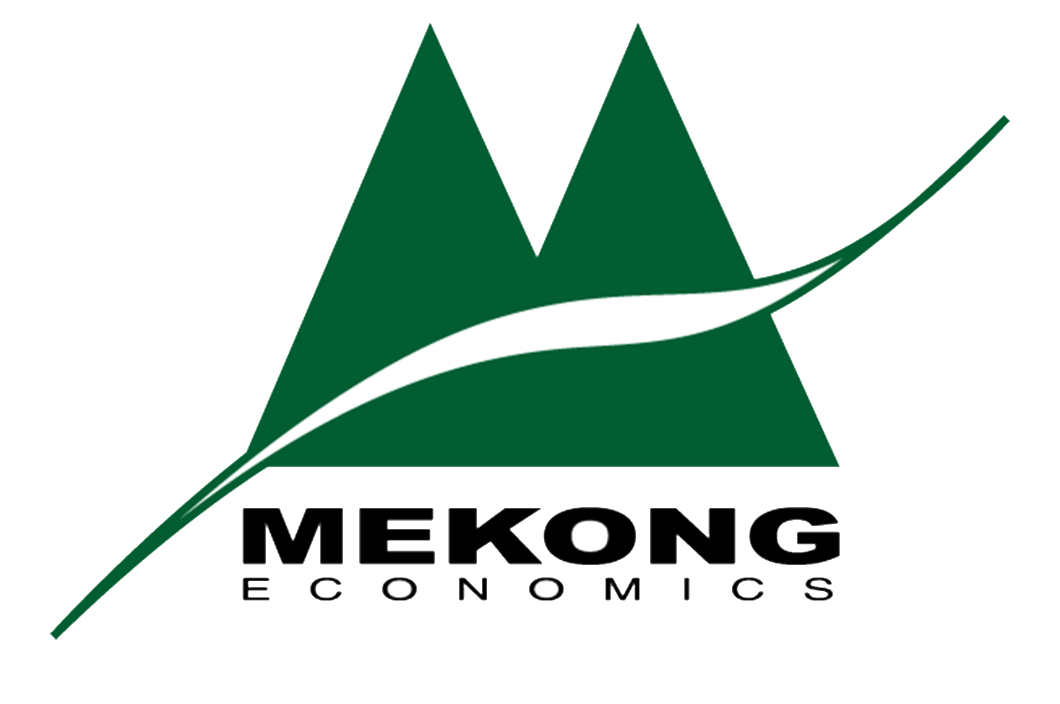Services & Sectors
- Baseline Studies 40
- Capacity Building 12
- Commercial Services 1
- Consumer Survey 3
- Economic Research 58
- Education Safeguards 14
- Enterprise Survey 28
- Gender Analysis 9
- Health 6
- Household Survey 32
- Human Resources 1
- Impact Measurement 67
- M&E 71
- Market Studies 55
- Policy Research 43
- Project Management 48
- Project Support 2
- Social/Environmental Safeguards 68
- Strategy Development 45
- Training 20
- Value Chain Analysis 10
Care - Facilitation to enhance women’s participation, increased access to information and market in the Rubber Sector - 2016
Project Description:
The project aimed to conduct a series of pilot intervention activities, with the ultimate aim of determining the best method to support women and men small-holder farmers (SHFs) to increase their rubber productivity, quality and gain secured access to land and ultimately to increase their income through improved market actions.
MKE designed and conducted a feasibility study to determine app/phone usage in the area, interviewing target beneficiaries and conducting key informant interviews (KIIs) with rubber sector engaged organizations; interpreting the results and ensuring suitable iterative planning and implementation of the pilot training activities. MKE team discuss where shortcomings in the SHF exist and what broad types of trainings or apps would be most suitable and train activities to rubber farmers and to demonstrate certain tools are used or certain techniques.
MKE conducted all monitoring and evaluating of the use and uptake of apps and those of trainings; produced a final report analysing the results (achieved through “outcome harvesting”) from the pilot interventions, and provided recommendations and considerations towards upscaling such interventions on a region-wide level.
Care Myanmar - Baseline Assessment for Comprehensive rural households food security programme - 2016
Project Description:
The project was aimed to assist approximately 21,000 persons living in over 3,900 households across 32 target villages in Rathedaung township to develop sustainable livelihoods; meaning that they would become food secure and have higher incomes, be more resilient to economic shocks and natural disaster, and be better able to manage intra-communal tensions that presently hold back community development.
MKE conducted quantitative household survey and qualitative focus group discussions to produce below outcomes
1. Increased sources and level of income of target households;
2. Increased capacity of target communities to manage forests, water resources and preparation for/response to disasters;
3. Improved conditions for sustained livelihoods through increased social cohesion between and within communities.
Care Myanmar - Evaluation on Strengthening Early Childhood Education (SECE) Programme - 2016
Project Description:
Community-based Early Child Day Care Centers (ECDCC) would be established near CARE’s existing Community Learning Centers (CLC) funded by AusAid, and would serve as
(i) Day care centers for male and female children aged three to five years
(ii) parent meeting centers for childhood development.
Mekong Economics conducted a final evaluation to determine the extent to which this project was successful. The MKE team was responsible for further considering the key evaluation questions and designing the evaluation methodology, implementing the agreed methodology, analysing data, and documenting outcomes of the evaluation.
CARE International - Economic Empowerment of Women from ethnic groups in the Mekong (Post intervention Data Collection and Analysis for the Impact Evaluation) - 2015
Project Description:
Mekong Economics provided a local Team to collect the primary data though focus group discussions and in-depth interviews with various stakeholders to assist in the impact evaluation of CARE’s interventions in the area of women’s participation and economic empowerment with ethnic groups, to learn which approaches and models worked, to test our theories of change, and to provide recommendations for future programming strategies and direction in the Mekong region.
